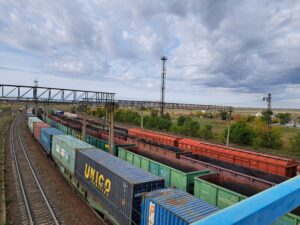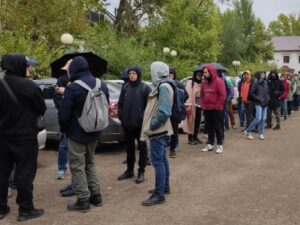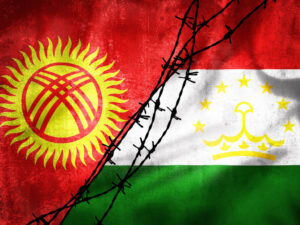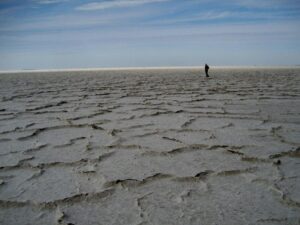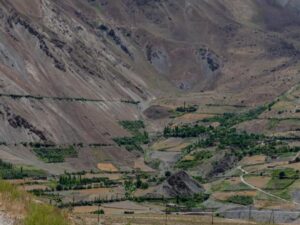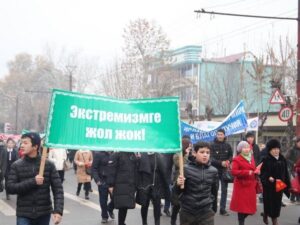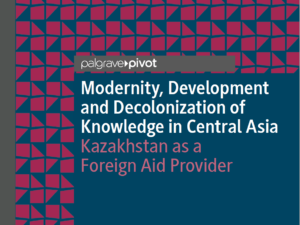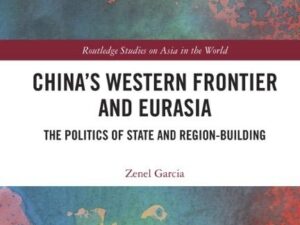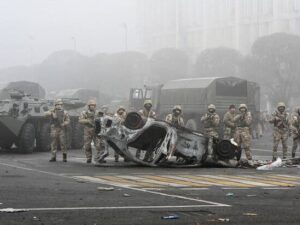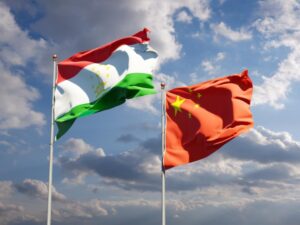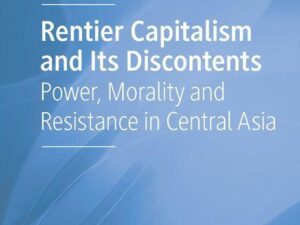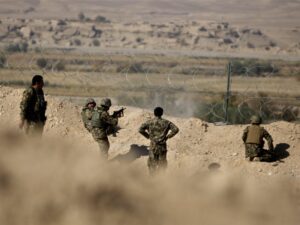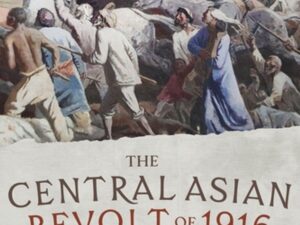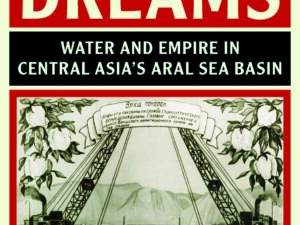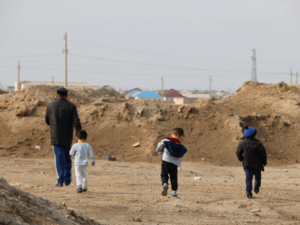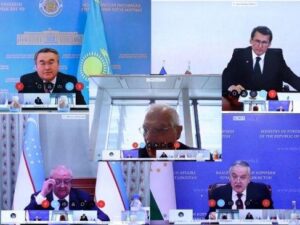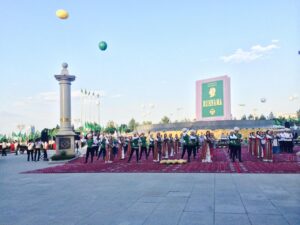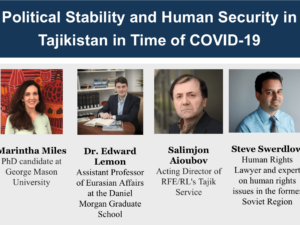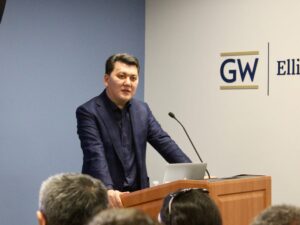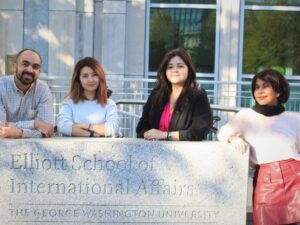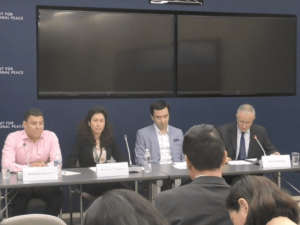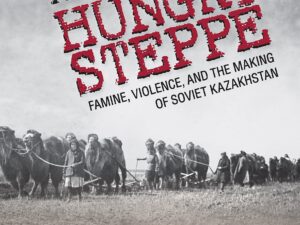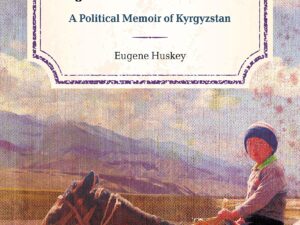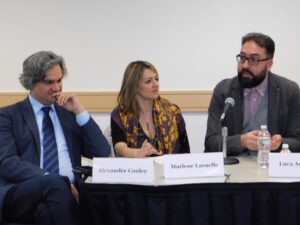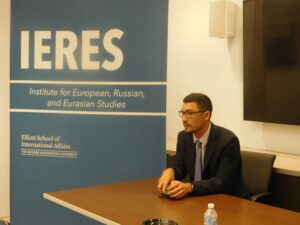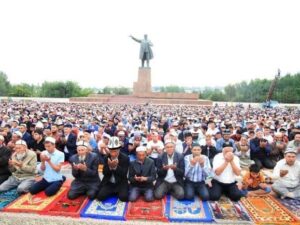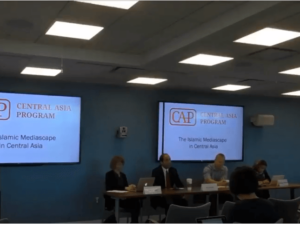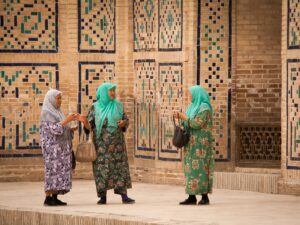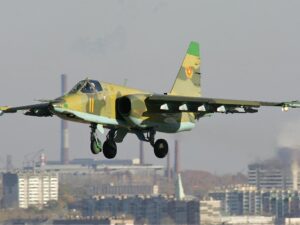
- This event has passed.
Border Security Assistance in Central Asia: Implications for Post-2014 Afghanistan
21 June, 2012 @ 12:30 PM - 2:00 PM

with George Gavrilis, Executive Director,The Hollings Center for International Dialogue
A discussion of Central Asia’s Border Woes & the Impact of International Assistance
Occasional Paper Series, Central Eurasia Project, Open Society Foundations
Occasional Paper Series, Central Eurasia Project, Open Society Foundations
Please join us for a discussion on border security assistance in Central Asia and its implications for the 2014 U.S. and NATO drawdown in Afghanistan. Over the last decade, the states of Central Asia have hosted a number of international programs
designed to overhaul, equip, and reform the region’s border control practices aimed at making the borders more secure and
more open – more secure against threats such as narco trafficking and cross–border extremism and more open to licit civilian crossings and lucrative trade flows.Dr. Gavrilis will assess programs funded by the United States, European Union, United Nations, and other sponsors; discuss the accomplishments and limits that these programs face on the ground, particularly in Kyrgyzstan and Tajikistan; and present recommendations for policymakers and the donor community as they prepare for a major change in the security environment in neighboring Afghanistan.
more open – more secure against threats such as narco trafficking and cross–border extremism and more open to licit civilian crossings and lucrative trade flows.Dr. Gavrilis will assess programs funded by the United States, European Union, United Nations, and other sponsors; discuss the accomplishments and limits that these programs face on the ground, particularly in Kyrgyzstan and Tajikistan; and present recommendations for policymakers and the donor community as they prepare for a major change in the security environment in neighboring Afghanistan.
George Gavrilis is Executive Director of the Hollings Center for International Dialogue, a nongovernment organization with offices in Washington, D.C., and Istanbul. He is author of The Dynamics of Interstate Boundaries (Cambridge University Press,2010), which examines how border guards, state officials, and local populations affect border security in new states. He has travelled extensively in Central Asia and the Middle East and has published articles on Afghanistan, the Central Asian republics, Iran, Israel, Turkey, and the West Bank in Foreign Affairs, The Washington Quarterly, and other forums for policy analysis and discussion. He received his PhD in political science from Columbia University and served as an assistant professor in the Department of Government at the University of Texas, Austin. In 2008–09, he was an international affairs fellow with the Council on Foreign Relations and spent his fellowship working with the United Nations on policy initiatives forCentral Asia and Afghanistan.

